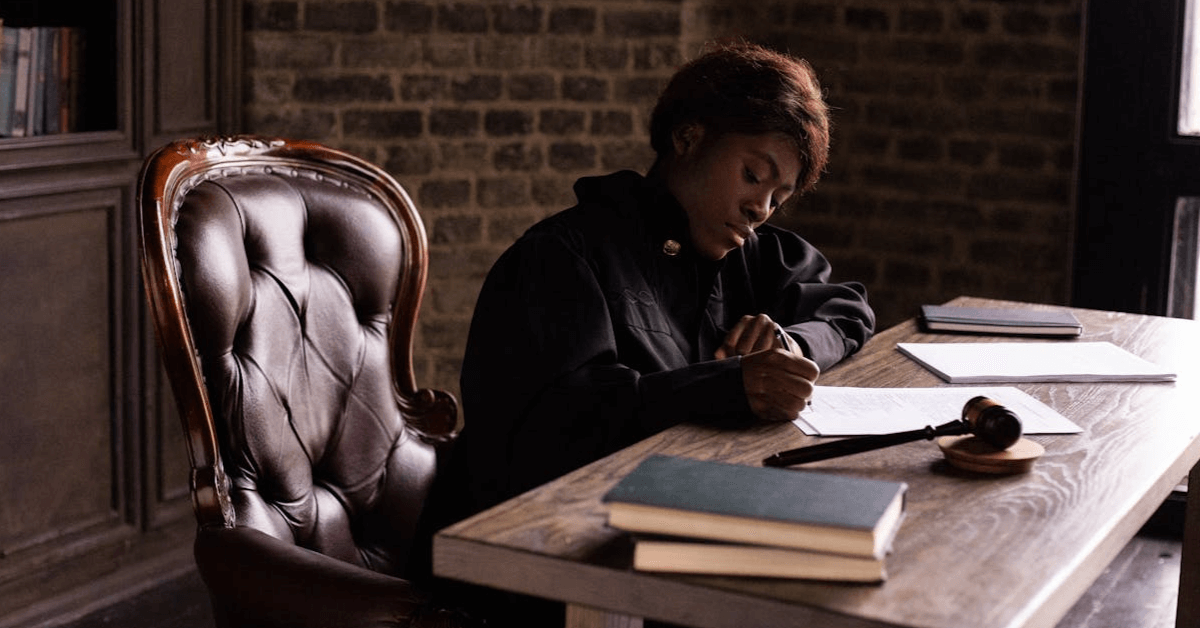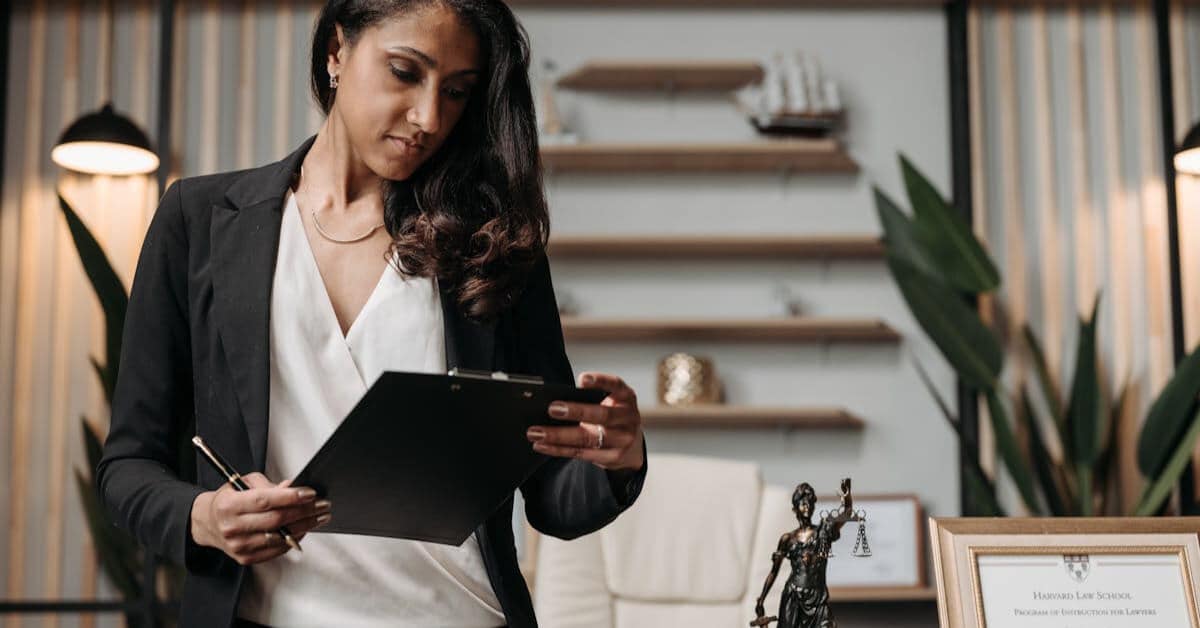In Australia, recording a conversation without the consent of all parties involved is generally illegal.
This applies to private conversations and varies by state and territory. There are certain exceptions, such as for law enforcement purposes or if the recording is deemed in the public interest, but these are specific and limited.
Legal Framework for Recording Conversations
Understanding State and Territory Laws
Each Australian state and territory has its own legislation governing the recording of conversations.
For example, in New South Wales, the Surveillance Devices Act 2007 makes it illegal to record a private conversation without consent.
In Victoria, similar provisions are outlined in the Surveillance Devices Act 1999.
Key Takeaway: Familiarise yourself with the specific laws in your state or territory to understand the legal implications of recording conversations.
Exceptions to the Rule
There are limited circumstances where recording without consent may be legally permissible.
These exceptions include situations where the recording is done by law enforcement officers during their duties or when the recording is considered in the public interest, such as for news reporting.
Key Takeaway: Exceptions to the law are specific and limited, so it is important to know when they apply.
Recording Conversations as Evidence
Admissibility in Court
Secretly recorded conversations can sometimes be admitted as evidence in court, but this is typically at the discretion of the judge.
Factors such as the relevance of the recording, the manner in which it was obtained, and the rights of the individuals involved will be considered.
Additionally, the judge may evaluate whether the recording infringes on privacy rights or breaches any specific legal protocols. Evidence obtained illegally may be excluded to uphold the integrity of the judicial process.
Key Takeaway: The admissibility of recorded conversations as evidence is not guaranteed and depends on several legal factors. Ensuring the recording process adheres to legal standards can improve the chances of it being admitted.
Also read: Domestic Violence Order
Family Law Cases
In family law cases, recordings are often sought as evidence to support claims of domestic abuse or other issues.
However, courts may view these recordings with caution and may not always admit them, especially if obtained illegally.
The context and content of the recording, as well as how it was obtained, will influence its admissibility. It is important to gather evidence lawfully to avoid it being dismissed or prejudicing your case.
Key Takeaway: Recordings in family law cases must be handled carefully, as their admissibility is subject to strict legal scrutiny. Legal advice can help ensure that your evidence is gathered and presented properly.
Penalties for Illegal Recording
Fines and Imprisonment
The penalties for illegally recording a conversation can include substantial fines and imprisonment. The severity of the penalties depends on the jurisdiction and the specific circumstances of the offence.
Key Takeaway: Violating recording laws can result in significant legal consequences, including fines and imprisonment.
Also read: Domestic Violence Penalty
Impact on Legal Proceedings
Illegally obtained recordings can negatively impact legal proceedings. They may not only be inadmissible as evidence but can also harm your credibility and lead to additional legal issues.
Key Takeaway: Using illegally obtained recordings in legal proceedings can backfire, potentially weakening your case.
Seeking Legal Advice
Given the complexities and potential legal repercussions of recording conversations without consent, it is advisable to seek legal advice before proceeding. A lawyer can provide guidance on the legality of your actions and the potential consequences.
Recording people without their consent in Australia is generally illegal, with some exceptions. Understanding the legal framework, potential penalties, and the impact on legal proceedings is necessary. Seeking legal advice can help ensure you comply with the law and avoid adverse consequences.
Key Takeaway: Being informed about the laws surrounding recording conversations and seeking legal advice are prudent steps to take before considering any recording without consent.
Director of Melbourne Family Lawyers, Hayder manages the practice and oversees the running of all of the files in the practice. Hayder has an astute eye for case strategy and running particularly complex matters in the family law system.





